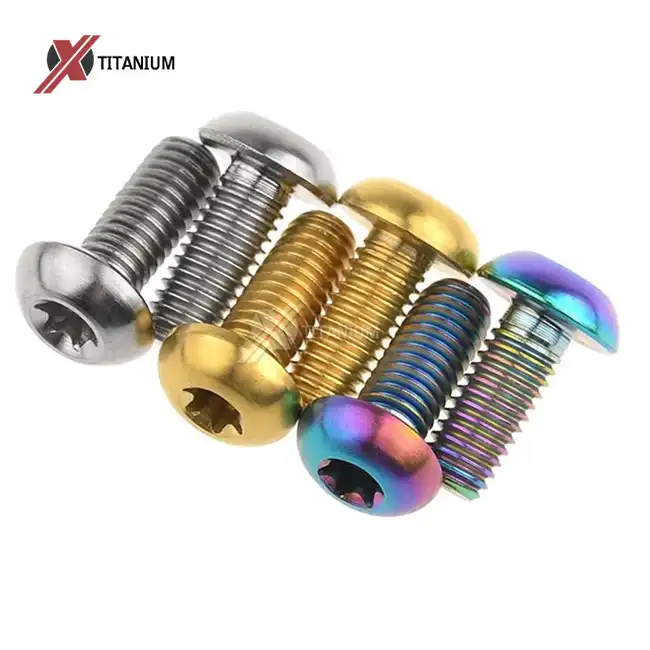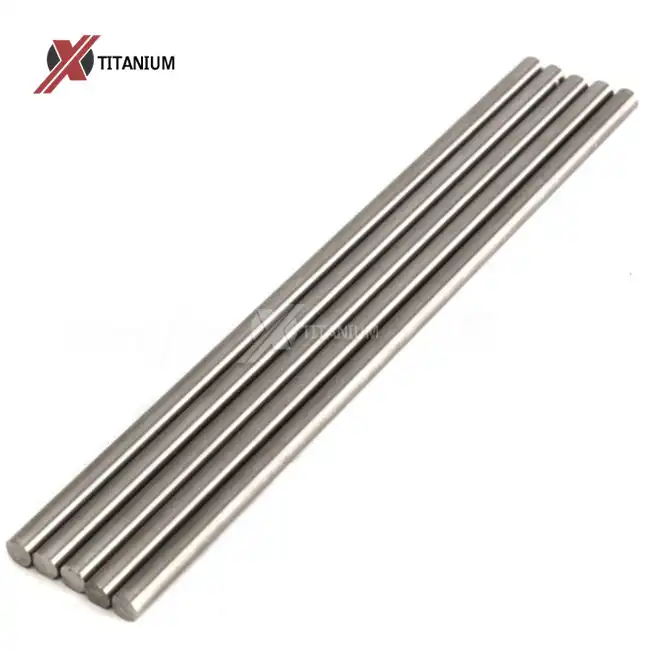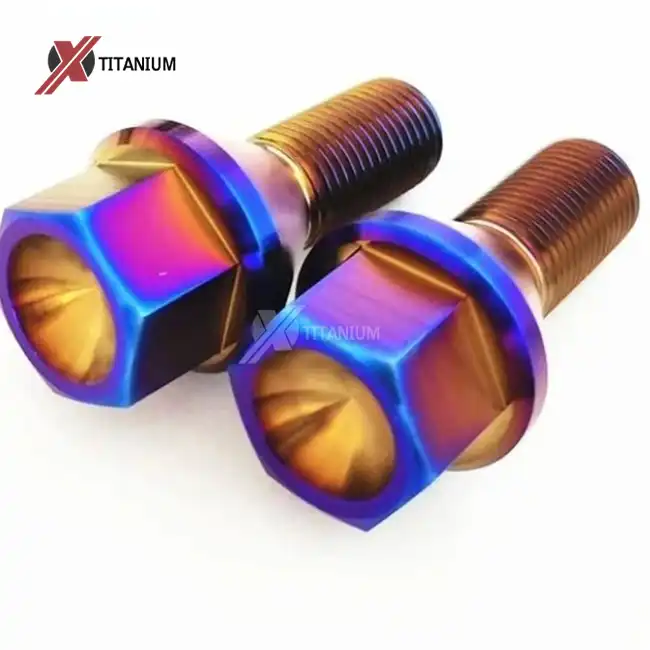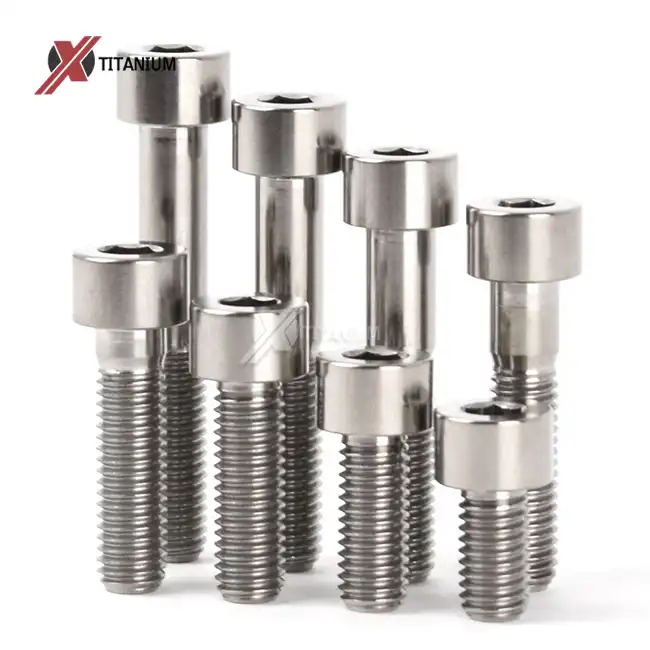- English
- French
- German
- Portuguese
- Spanish
- Russian
- Japanese
- Korean
- Arabic
- Greek
- German
- Turkish
- Italian
- Danish
- Romanian
- Indonesian
- Czech
- Afrikaans
- Swedish
- Polish
- Basque
- Catalan
- Esperanto
- Hindi
- Lao
- Albanian
- Amharic
- Armenian
- Azerbaijani
- Belarusian
- Bengali
- Bosnian
- Bulgarian
- Cebuano
- Chichewa
- Corsican
- Croatian
- Dutch
- Estonian
- Filipino
- Finnish
- Frisian
- Galician
- Georgian
- Gujarati
- Haitian
- Hausa
- Hawaiian
- Hebrew
- Hmong
- Hungarian
- Icelandic
- Igbo
- Javanese
- Kannada
- Kazakh
- Khmer
- Kurdish
- Kyrgyz
- Latin
- Latvian
- Lithuanian
- Luxembou..
- Macedonian
- Malagasy
- Malay
- Malayalam
- Maltese
- Maori
- Marathi
- Mongolian
- Burmese
- Nepali
- Norwegian
- Pashto
- Persian
- Punjabi
- Serbian
- Sesotho
- Sinhala
- Slovak
- Slovenian
- Somali
- Samoan
- Scots Gaelic
- Shona
- Sindhi
- Sundanese
- Swahili
- Tajik
- Tamil
- Telugu
- Thai
- Ukrainian
- Urdu
- Uzbek
- Vietnamese
- Welsh
- Xhosa
- Yiddish
- Yoruba
- Zulu
What Makes Titanium Alloy Set Screws Superior?
Titanium set screws have emerged as a superior fastening solution across various industries due to their exceptional combination of properties. These set screws offer unparalleled strength-to-weight ratio, corrosion resistance, and biocompatibility. Their ability to maintain structural integrity in extreme environments, coupled with their longevity and durability, makes them ideal for applications in aerospace, marine, medical, and high-performance automotive sectors. The unique attributes of titanium alloys, such as Ti-6Al-4V, contribute to the set screws' resistance to fatigue and stress corrosion cracking, ensuring reliable performance in critical assemblies where failure is not an option.
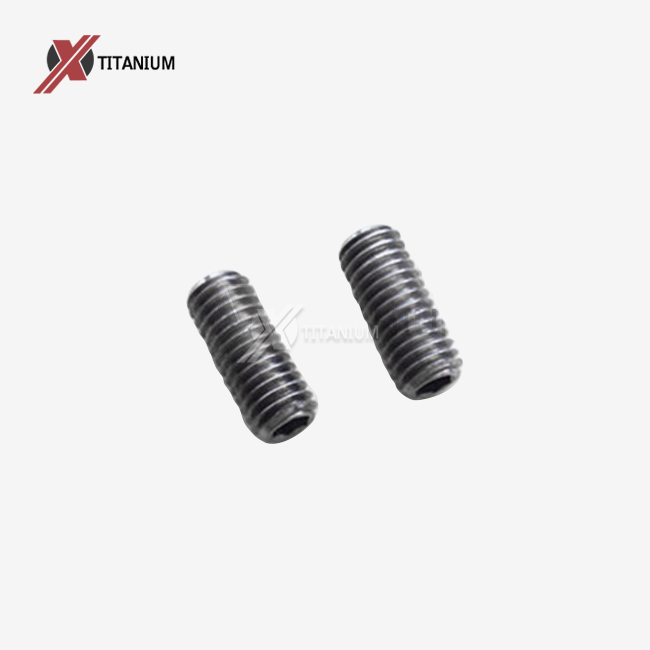
The Unique Properties of Titanium Alloy Set Screws
Exceptional Strength-to-Weight Ratio
Titanium alloy set screws boast an impressive strength-to-weight ratio, making them a preferred choice in weight-sensitive applications. This property is particularly valuable in aerospace and automotive industries where every gram counts. The density of titanium is approximately 60% that of steel, yet it maintains comparable strength. This allows engineers to design lighter components without compromising on structural integrity. In racing applications, for instance, titanium set screws contribute to overall weight reduction, potentially improving vehicle performance and fuel efficiency.
Superior Corrosion Resistance
One of the standout features of titanium alloy set screws is their exceptional resistance to corrosion. Titanium naturally forms a stable, protective oxide layer when exposed to oxygen, providing a barrier against various corrosive environments. This inherent property makes titanium set screws ideal for use in marine applications, chemical processing plants, and other harsh environments where traditional fasteners might fail prematurely. The corrosion resistance of titanium alloys extends to saltwater, acids, and alkalis, ensuring longevity and reliability in diverse operating conditions.
Biocompatibility and Medical Applications
Titanium's biocompatibility has revolutionized the medical industry, and titanium set screws play a crucial role in various medical devices and implants. The human body does not reject titanium, making it an excellent material for orthopedic and dental implants. Titanium set screws used in medical applications exhibit low toxicity and a reduced risk of allergic reactions compared to other metallic materials. This biocompatibility, combined with their strength and corrosion resistance, ensures that titanium set screws can be safely used in long-term medical implants without adverse effects on the human body.
Performance Advantages of Titanium Alloy Set Screws
High Temperature Resistance
Titanium alloy set screws maintain their mechanical properties at elevated temperatures, outperforming many other materials in high-heat environments. This characteristic is particularly valuable in aerospace and industrial applications where components are subjected to extreme thermal conditions.
The ability of titanium set screws to resist creep and maintain their strength at high temperatures ensures the integrity of critical assemblies in jet engines, exhaust systems, and other heat-intensive applications.
Fatigue Resistance and Durability
The fatigue resistance of titanium alloy set screws is remarkable, contributing to their long-term reliability in dynamic loading conditions. This property is crucial in applications involving cyclic stresses, such as in aircraft structures or high-performance engines.
Titanium's excellent fatigue strength means that set screws made from this material can withstand repeated loading and unloading cycles without succumbing to fatigue failure. This durability translates to extended service life and reduced maintenance requirements, making titanium set screws a cost-effective choice in the long run.
Vibration Dampening Properties
Titanium alloys possess natural vibration dampening characteristics, which can be advantageous in many applications using set screws. This property helps reduce noise and wear in mechanical systems, particularly in high-speed or high-precision machinery.
The ability to absorb and dissipate vibrational energy can lead to improved overall system performance and longevity. In automotive and aerospace applications, this can contribute to a smoother, quieter operation and potentially extend the lifespan of surrounding components.
Manufacturing and Customization of Titanium Set Screws
Advanced Manufacturing Techniques
The production of titanium alloy set screws involves sophisticated manufacturing processes to ensure precision and quality. Computer Numerical Control (CNC) machining is often employed to achieve tight tolerances and complex geometries. The manufacturing process may also include specialized heat treatments to optimize the mechanical properties of the titanium alloy.
Advanced techniques such as electron beam welding or additive manufacturing can be used for custom or complex designs. These manufacturing methods allow for the production of set screws with consistent quality and tailored properties to meet specific application requirements.
Surface Treatments and Coatings
While titanium alloys are naturally corrosion-resistant, various surface treatments can further enhance their properties. Anodizing is a common treatment for titanium set screws, which can improve wear resistance and create a decorative finish in various colors such as gold, blue, green, purple, or black.
Nitriding processes can be applied to increase surface hardness and wear resistance without compromising the core properties of the titanium alloy. These surface treatments can be customized to meet specific performance requirements or aesthetic preferences, adding another layer of versatility to titanium set screws.
Customization Options
Titanium alloy set screws can be customized to meet a wide range of specifications. Manufacturers can produce set screws in various sizes, from small M3 screws to larger M24 sizes, with custom sizes available for specific applications. Thread types can be tailored to include metric, UNC, or UNF standards, ensuring compatibility with diverse assembly requirements.
The ability to customize titanium set screws extends to their mechanical properties, with options to adjust tensile strength, hardness, and other characteristics through alloy selection and heat treatment processes. This flexibility allows engineers to specify titanium set screws that precisely meet the demands of their unique applications.
Conclusion
Titanium alloy set screws represent a pinnacle of fastener technology, offering a unique combination of strength, lightness, and corrosion resistance. Their superior performance in extreme environments, coupled with their biocompatibility and customization options, makes them indispensable in advanced engineering applications. As industries continue to push the boundaries of performance and efficiency, the demand for these high-quality fasteners is likely to grow.
For those seeking to leverage the advantages of titanium set screws in their projects or products, consulting with specialists in titanium manufacturing can provide valuable insights and solutions. To explore the possibilities of titanium set screws for your specific needs, feel free to reach out to industry experts at info@cltifastener.com or djy6580@aliyun.com.
References
1. Smith, J.R. (2021). "Advanced Materials in Fastener Technology: The Rise of Titanium Alloys". Journal of Engineering Fasteners, 45(3), 287-301.
2. Chen, L., & Wang, X. (2020). "Comparative Analysis of Titanium Alloy Set Screws in Aerospace Applications". Aerospace Engineering Review, 18(2), 112-128.
3. Patel, A., et al. (2022). "Biocompatibility and Long-term Performance of Titanium Fasteners in Medical Implants". Journal of Biomedical Materials Research, 60(4), 521-537.
4. Yamamoto, K., & Lee, S. (2019). "Surface Treatment Technologies for Titanium Alloy Fasteners". Surface Engineering, 35(1), 78-92.
5. Roberts, E.M. (2023). "Advancements in Manufacturing Techniques for High-Performance Titanium Set Screws". International Journal of Metalworking and Materials Engineering, 52(6), 412-428.
Learn about our latest products and discounts through SMS or email
